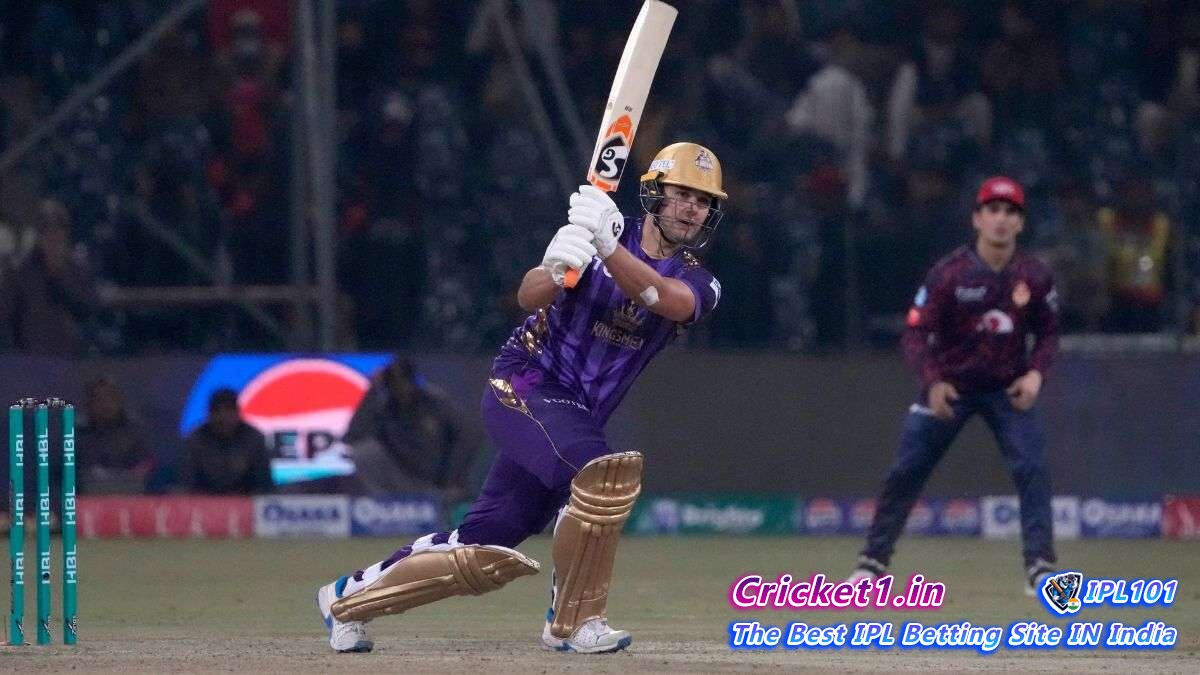
Hawk-Eye Innovations, the company responsible for delivering Decision Review System (DRS) technology in cricket, has acknowledged a significant error that occurred during the ninth inning of the ongoing Pakistan Super League (PSL) season. The mistake was publicly recognized, and Hawk-Eye has extended a formal apology to the Pakistan Cricket Board (PCB), providing a comprehensive written explanation of the incident.
In a statement released by the PCB, it was clarified that the error was due to an operator mishandling within the Hawk-Eye system, leading to an incorrect ball-tracking display during a crucial moment of the match. Addressing the situation, Hawk-Eye conveyed to PCB: “Had processes been followed as expected, this (correct ball tracking data) would have been available only a few seconds after the incorrect data was played on broadcast.”
Hawk-Eye holds the reputation of being the sole ICC-endorsed supplier capable of providing the full suite of DRS services. This monopolistic standing means that cricket boards worldwide, including the PCB, have no other choice but to rely on Hawk-Eye for implementing DRS in their games.
The error had a direct impact on the outcome of the game, according to Islamabad United’s captain Shadab Khan, who vented his frustration over the blunder. He insisted that the technical failure swayed the match’s result, stating to ESPNcricinfo, “I think technology made a mistake. The ball-tracking showed a different delivery, and it was a match-changing moment. These sorts of things should be sorted out properly in such a big tournament. These mistakes should not happen.” Shadab, a leg spinner himself, found the tracking data showing a delivery hitting outside off stump and spinning away to be inconsistent with the actual playing conditions observed during his bowling.
The match in question saw a stellar performance by Rilee Rossouw of the Quetta Gladiators who played a pivotal role in securing victory for his team. Rossouw’s disciplined batting led him to notch up 34 indispensable runs off 38 balls, which included three fours. His performance, paired with the productive partnership with Sherfane Rutherford, who contributed a quick 29 runs off 23 balls, laid the foundation for Quetta Gladiators’ win. Together, they amassed a crucial 62-run stand which steadfastly guided the team towards the target set by Islamabad United.
The tactically played innings of Rossouw culminated with the Gladiators surpassing the target score with 10 balls remaining, showcasing not just the batsman’s skill but also his ability to handle pressure. Commendable for his contributions, Rossouw was deservingly named the Player of the Match as he helped Quetta Gladiators clinch two critical points in the league standings.
The DRS incident has highlighted the significant impact technology has on the modern game of cricket and raises questions about the reliability and oversight of the systems in place. The acknowledgment and apology from Hawk-Eye signal a commitment to maintaining the integrity of the sport, but the event also underlines the need for continual assessment and improvement of technological aides like DRS.
In the backdrop of this incident, participating teams and stakeholders will be assessing their dependency on technology and demanding higher standards of accuracy moving forward, especially in high-stakes tournaments such as the PSL where every game can have far-reaching consequences for the teams involved. Meanwhile, the cricketing community will be watching closely as Hawk-Eye and other technology providers work to bolster trust in the systems that are now integral to the game’s adjudication processes.

